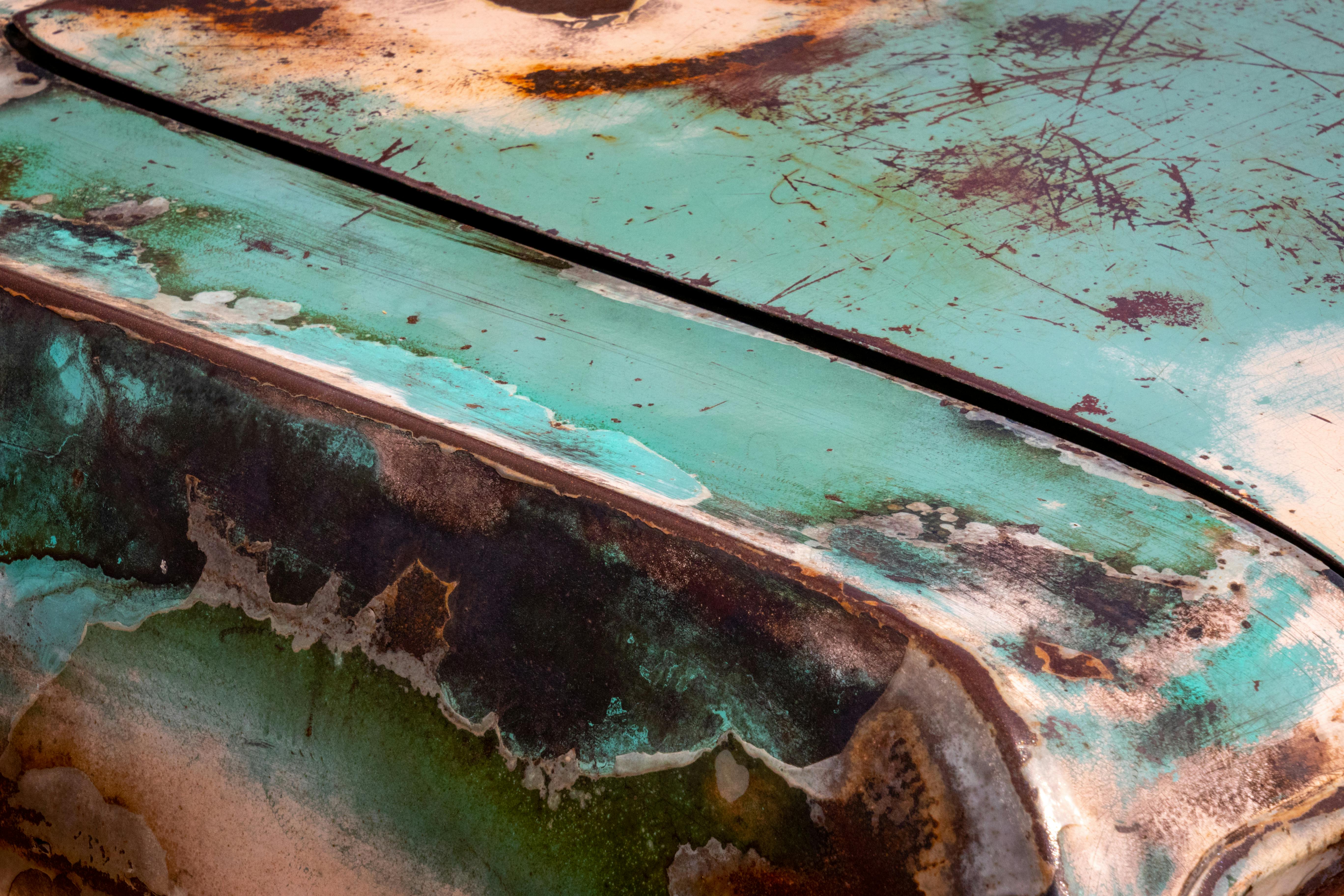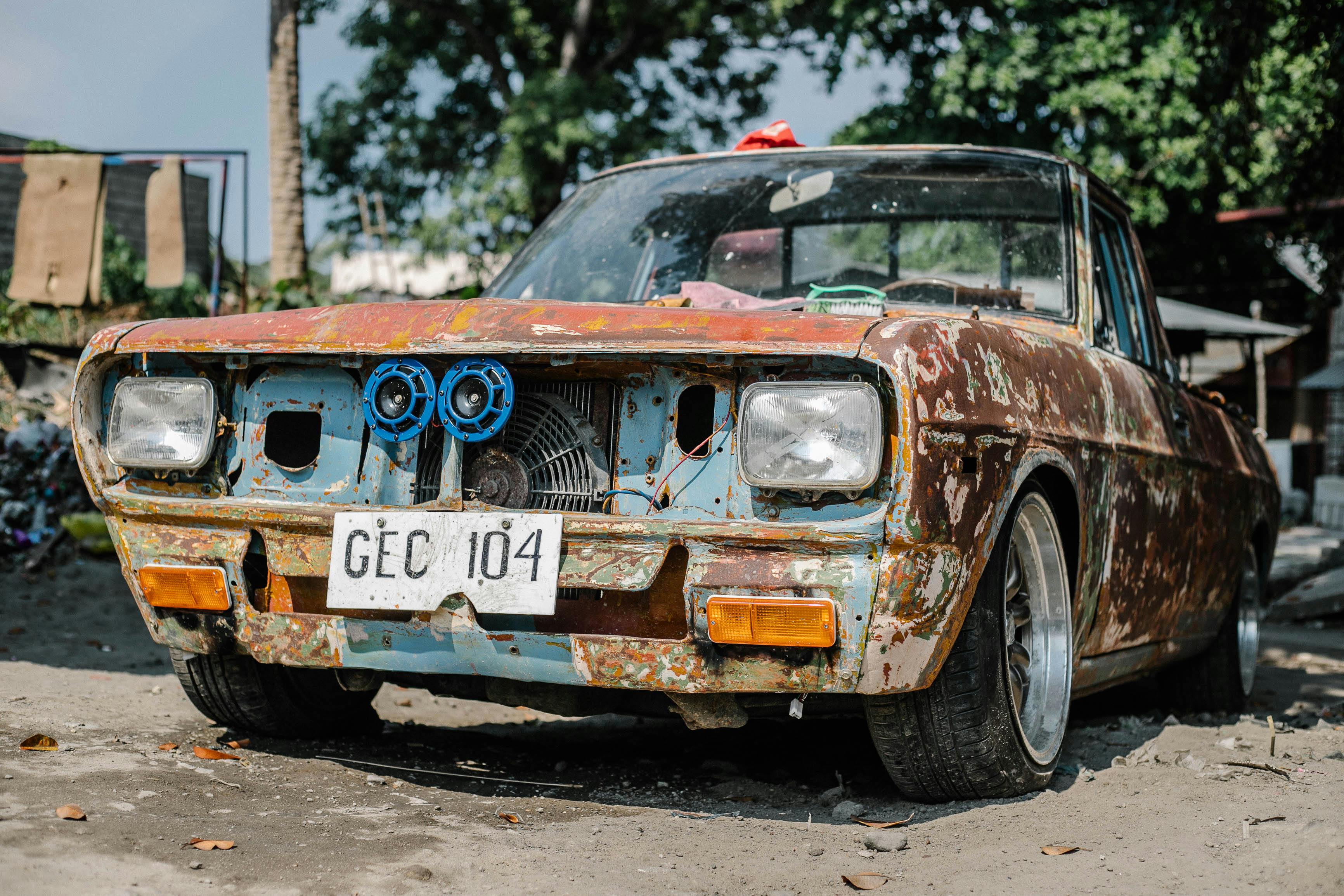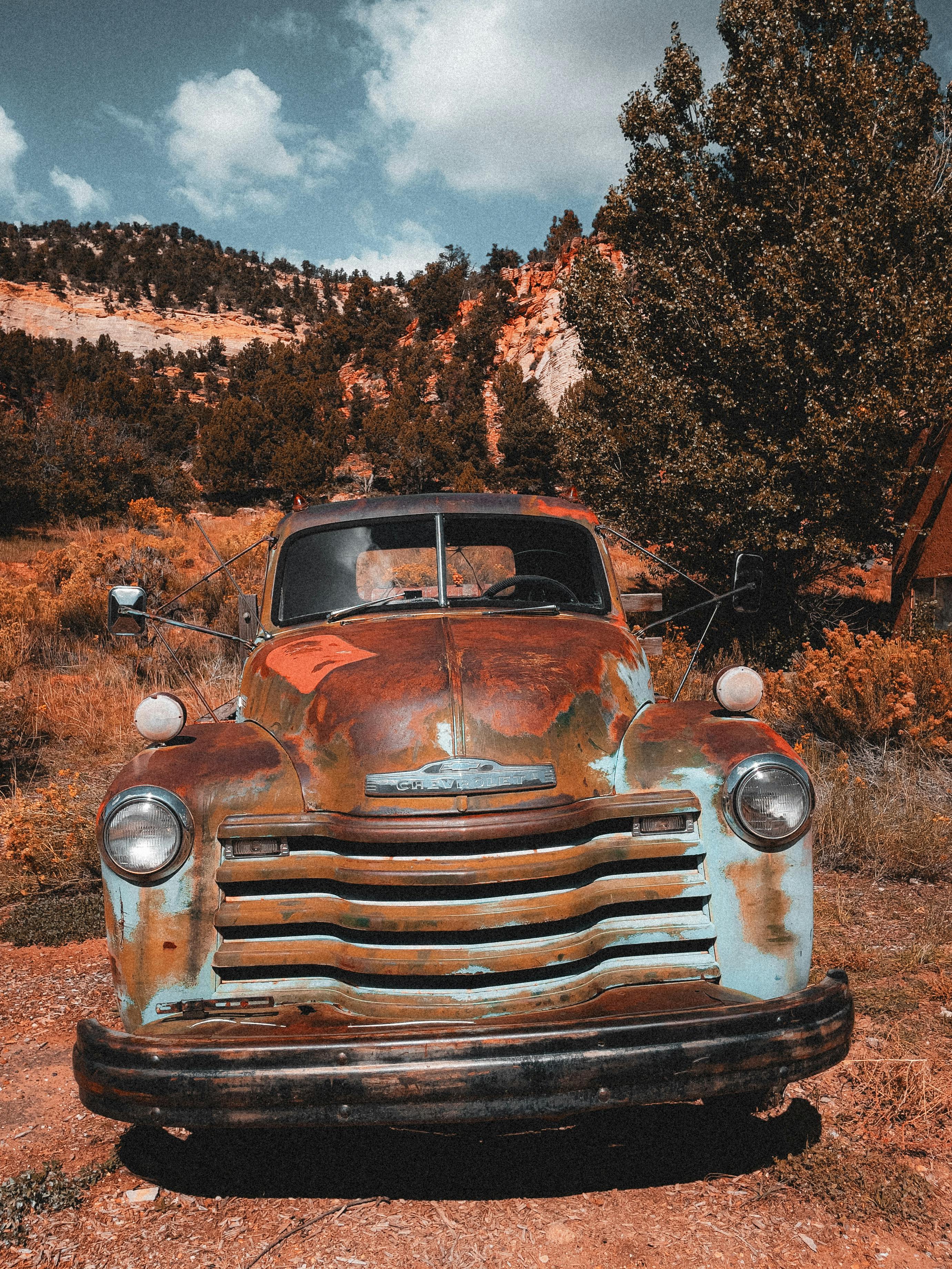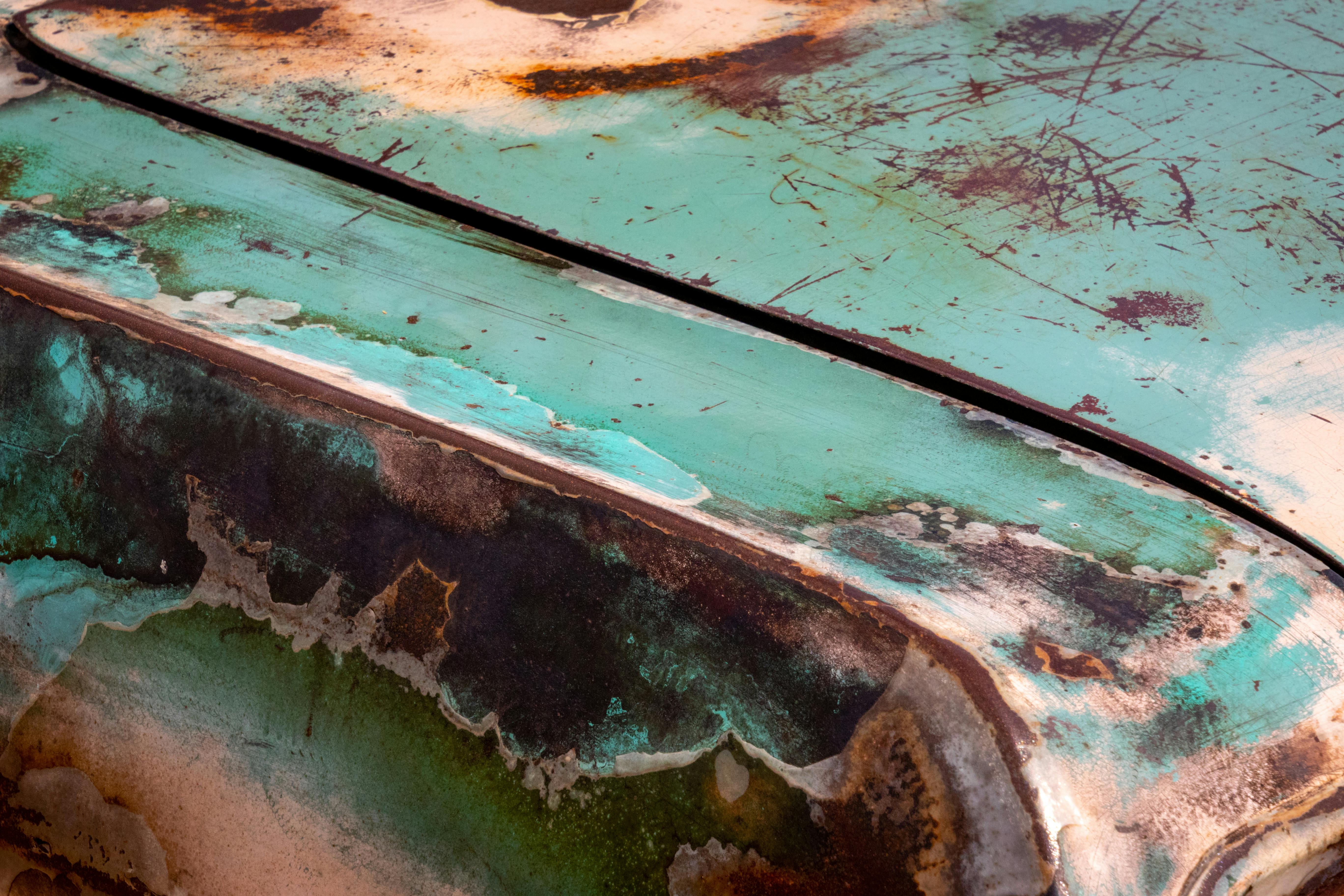Understanding and Preventing Rust: Keeping Your Car in Prime Condition

Rust is one of the most common and insidious problems that can affect your vehicle's longevity and appearance. Often referred to as the "cancer" of cars, rust can silently erode the metal structure of your vehicle, leading to costly repairs and diminished value. In this article, we'll explore what rust is, how it affects vehicles, and effective strategies to prevent it, ensuring your car remains in pristine condition.
What is Rust and How Does it Affect Your Vehicle?
Rust is a form of corrosion that occurs when iron or steel is exposed to moisture and oxygen over time. This chemical reaction results in iron oxide, commonly known as rust. While rust is a natural process, it can be accelerated by factors such as road salt, humidity, and lack of maintenance.
On a vehicle, rust can compromise the structural integrity of the metal, leading to weakened frames, holes in the bodywork, and even failures in critical components. Beyond the safety concerns, rust also affects the aesthetic appeal of your car, reducing its resale value.

Causes of Rust
Understanding the causes of rust is the first step in prevention. Here are some primary factors that contribute to rust formation on vehicles:
Moisture and Humidity
Moisture is the primary catalyst for rust. Wet conditions, whether from rain, snow, or humidity, provide the necessary environment for rust to form. Vehicles in coastal areas are particularly vulnerable due to the salty sea air.
Road Salt
In many regions, road salt is used during winter months to melt ice and snow. While effective for safety, salt accelerates the rusting process by lowering the freezing point of water and increasing moisture exposure to metal surfaces.
Physical Damage
Scratches, dents, and chips in the vehicle's paint can expose the metal underneath to moisture, leading to rust. Even minor damage can become a significant problem if left unaddressed.
Signs of Rust to Watch For
Early detection of rust can save you from extensive damage and expensive repairs. Here are some signs that rust may be developing on your vehicle:
Bubbling Paint: This indicates that rust is forming underneath the paint and pushing it outward.
Discoloration: Brown or reddish spots on the paintwork are typical indicators of rust.
Weakness in Metal: If you notice any part of the vehicle's bodywork feels weaker or more pliable than it should, rust may be the culprit.
Flaking or Peeling: As rust worsens, it can cause metal to flake or peel away.

Preventive Measures
Preventing rust involves proactive care and maintenance. Here are some effective strategies:
1. Wash and Wax Regularly
Regular washing removes dirt, grime, and salt that can trap moisture against the metal. It's especially important to clean the undercarriage, where road salt and debris accumulate. Waxing your car adds an extra layer of protection by sealing the paint and preventing moisture from reaching the metal.
2. Apply Rustproofing
Rustproofing involves applying a protective coating to the car's underside and vulnerable areas. This can be done professionally or with DIY kits. Consider applying rustproofing annually, especially if you live in areas with harsh winters or high humidity.
3. Address Paint Damage
Repair any scratches, chips, or dents in the paintwork promptly. Use touch-up paint to seal exposed metal and prevent moisture from getting in. Clear nail polish can be a temporary fix for small scratches until proper repairs are made.
4. Store Your Vehicle Properly
Whenever possible, park your vehicle in a garage or use a car cover to protect it from the elements. If you must park outside, try to avoid parking under trees, as falling branches and bird droppings can damage the paint.
Maintenance Tips to Keep Cars Rust-Free
Consistent maintenance is key to preventing rust. Here are some additional tips to keep your vehicle rust-free:
1. Inspect Regularly
Conduct regular inspections of your vehicle for any signs of rust. Pay close attention to areas that are difficult to see, such as the wheel wells, the underside of the car, and the edges of doors and trunks.
2. Use Anti-Rust Sprays
Anti-rust sprays can be applied to vulnerable areas to protect against rust formation. These sprays create a barrier that repels water and salt, making them particularly useful in winter.
3. Maintain Drains and Seals
Ensure that all drains and seals on your vehicle are clear and functioning properly. Blocked drains can lead to water accumulation, while damaged seals can allow moisture to enter the vehicle.
4. Seek Professional Help
If you notice significant rust or are unsure about handling it yourself, seek professional assistance. Auto shops can provide rust removal services and apply protective coatings to keep rust at bay.
Conclusion
By understanding the causes of rust and implementing preventative measures, you can extend the life of your vehicle and maintain its value. Regular maintenance, vigilant inspections, and using protective products will help you keep rust at bay and your car in prime condition. Remember that a little effort now can save you from costly repairs and ensure that your car remains a reliable and attractive asset.



